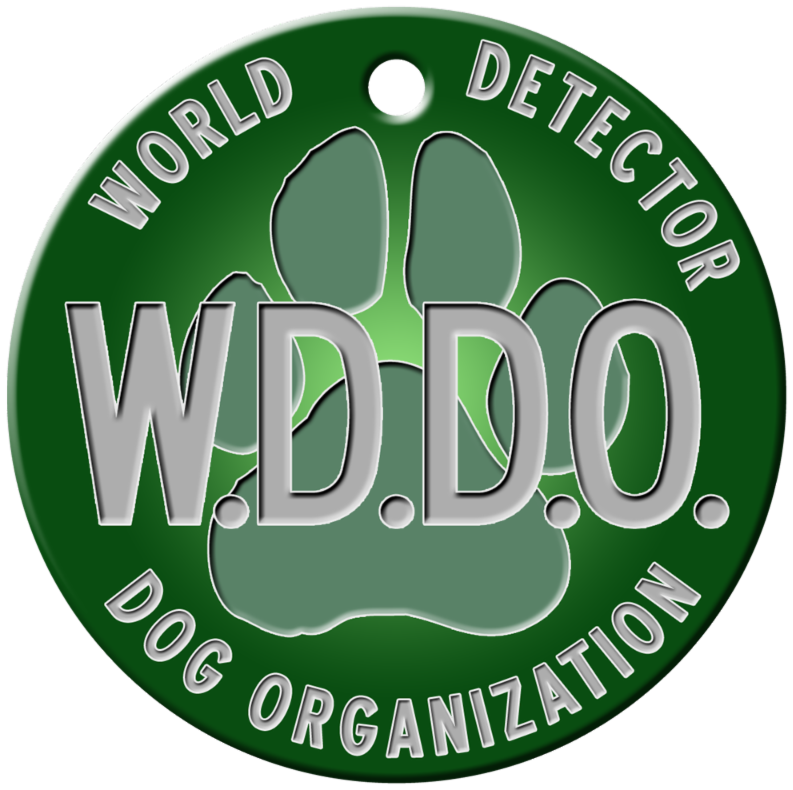Bed bugs can turn up in some pretty surprising places. Most of these places make sense when you think about it. Homes, offices, and public buildings all see a lot of human traffic and as we know where people go bed bugs are sure to follow. But these pests can also turn up in places that don’t necessarily see a lot of human activity. Case in point – storage units.
For most of us storage units are simply a convenient way to store some of our excess stuff. ‘Rent it, fill it, and forget it’ is the rule of thumb. But long term storage units are as vulnerable to infestations as any other public spaces, and they can serve as rest stops for bed bugs on their journey to new habitats.
What are Bed Bugs?
Bed bugs are small, flat, oval-shaped insects that feed on animal (preferably human) blood. They’re typically rust colored, though they will take on a deeper red hue after they’ve fed. Bed bugs are roughy the size of an apple seed. While that may seem small these pests can do a lot of damage once they infest a home or work space.
Bed bugs can not fly, but that doesn’t mean they don’t travel. Typically, bed bugs will hitch rides on potential hosts and following them to their destination. Once there the bed bug may choose to set up a colony and begin to breed. Female bed bugs can lay up to 500 eggs over the course of her lifetime. So it doesn’t take long for a full scale infestation to take hold.
Bed bugs have another important characteristic that’s worth mentioning here. They are hardy creatures that can withstand extreme temperatures and survive for months without a blood meal. So, if they get caught in a storage unit they can simply wait until a human shows up.
How Can You Spot Bed Bugs in Your Storage Unit?
Bed bugs won’t travel far under their own steam. They need to hitch a ride on someone or something. Many of the items people store in a lock-up are perfect hosts or homes for stray bed bugs. Old clothes, furniture, books and paper goods all make snug hiding places for bed bugs and other pests.
Bed bug infestations in a home or workplace are fairly easy to spot. When people start noticing itchy bites or welts on their bodies that can be a fair indication that bed bugs are on the prowl. But spotting an infestation in a storage unit can be more difficult. It’s unlikely that you or your family will be spending enough time in the lock-up to have too much interaction with these pests.
Still, there are some common signs of a potential bed bug infestation in your storage unit. These include:
-
Dark rust-colored spots of bed bug excrement on boxes, fabrics, furniture, and walls
-
Shedded exoskeletons
-
Bed bug eggshells
-
Musty odor caused by the scent glands of bed bugs
How to Avoid Bed Bugs in Your Storage Unit?
Storage units are not immune to bed bugs. So the question becomes how to keep these blood sucking pests out of your unit. Fortunately, there are some simple steps you can take to protect yourself and your belongings from bed bugs in your lock-up.
Here are half a dozen simple tips to follow:
-
Choose a Professional Storage Facility – The most important thing you can do to protect your belongings from bed bugs is to choose a professional storage facility with a good reputation. You want to contract with a business that keeps their facility clean and that guarantees that regular pest control measures are taken on the premises.
-
Inspect the Unit Before Moving in Your Belongings – Before you move anything into your new storage unit carefully inspect it for any signs of bed bug activity. The cleanliness and condition of your unit is also a good indicator of the professionalism and reliability of the company you will be trusting to guard your belongings.
-
Inspect Your Belongings before Moving them Into Your Unit – There’s always a risk that you have bed bugs hiding in the items you are planning to store in your lock-up. Before you move anything in it’s important to inspect all of those items for bed bugs. You don’t want to be the source of a bed bug infestation.
-
Be Smart About What You Choose to Store in the Unit and How You Choose to Store It – It’s easy to load everything you want to store in some cheap cardboard boxes, shove everything into a storage unit, lock it and forget it. While cardboard boxes may seem an easy storage solution they can invite bed bugs. Better to use plastic containers with airtight lids. These are not better barriers to bed bugs they are easier to stack.
-
Don’t Store Food In Your Lock-Up – Many storage facilities have a strict ‘no food’ policy for their rental units. Still, as tempting as it can be to buck the rules – don’t. Food will only attract pests and that’s a headache you don’t need. This applies to pet food as well.
-
Keep an Eye on Your Storage Unit – Again, it’s easy to fill a storage unit, lock it, and forget it. But it’s important to make regular spot checks on your lock-up to make sure that everything is clean and free of trouble. Regular inspections will help you avoid bed bugs and other pests in your unit as well as ensure that your belongings are safe and sound.
Protecting Yourself and Your Lock-Up
Bed bugs may not be the first thing you think about when renting a storage unit. But it’s definitely something you need to consider before renting a lock-up. Bed bug infestations in storage units are not uncommon, and they can have devastating consequences for you and your belongings.
Before you rent a new storage unit, or clean out a long standing lock-up, take steps to protect yourself from an unwanted and unexpected bed bug infestation.
Published by Scott Palatnik
If you believe you’ve brought bed bugs into your home or office, give us a call, we can help!
Now with 2 locations. On Long Island @ 516-619-6149, or in NYC @ 212-299-9186
We are Long Island Bedbug Inspections.
Your Bedbug Inspection, and Elimination solution.


